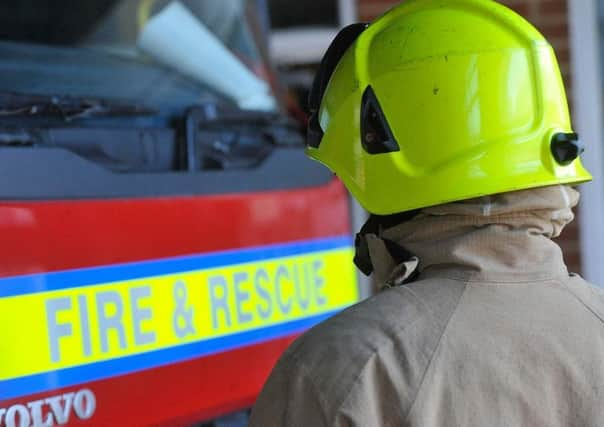Cooking and electrical fires top the list of home blazes


More than 300 people took part in the poll online and at events organised by East Sussex Fire and Rescue Service (ESFRS).
The survey also showed that hundreds of people have had “near misses” or actual fires in their homes.
Advertisement
Hide AdAdvertisement
Hide AdFirefighters are now calling on residents to Be Your Own Hero to reduce the chances of having a fire in their homes.
Burnt food is often a major culprit of house fires, when people become distracted by their busy lives; Tea towels and other items left on the cooker are also an issue;”
Assistant Chief Fire Officer Mark Andrews has urged residents to makes sure their smoke alarms are in good order.
He said: “Our crews attend many incidents where residents are incredibly lucky that the result did not end in any fatalities, and quite often this is down to the hard work and professionalism demonstrated by our crews for ensuring everyone gets out safely.
Advertisement
Hide AdAdvertisement
Hide Ad“However, incidents such as kitchen fires, caused by distraction, and electrical fires in the home are commonplace. These incidents demonstrates the need for working smoke alarms in your property, as well as testing them regularly. “
“Fire can happen at any time and if it happens to you, a working smoke alarm will give you time to get yourself and your family to safety. Take the time to practise an escape plan, everyone should know what to do in an emergency.”
ESFRS has advised residents to take six simple steps to protect and prepare for fire in their home:
1 – Protect your home with working smoke alarms – install smoke alarms on every level and test them every week
Advertisement
Hide AdAdvertisement
Hide Ad2 – Take extra care in the kitchen – over 50 per cent of accidental fires in the home start in the kitchen
3 - Checking your electrics – Check and maintain your electrical appliances
4 – Smoke safe (if you must smoke at all) – put them out, right out
5 - Make sure you sleep safe – a bedtime safety routine can reduce the risk of fire whilst you are asleep
6 – Plan a safe escape – make sure you know how to get out of your home in an emergency